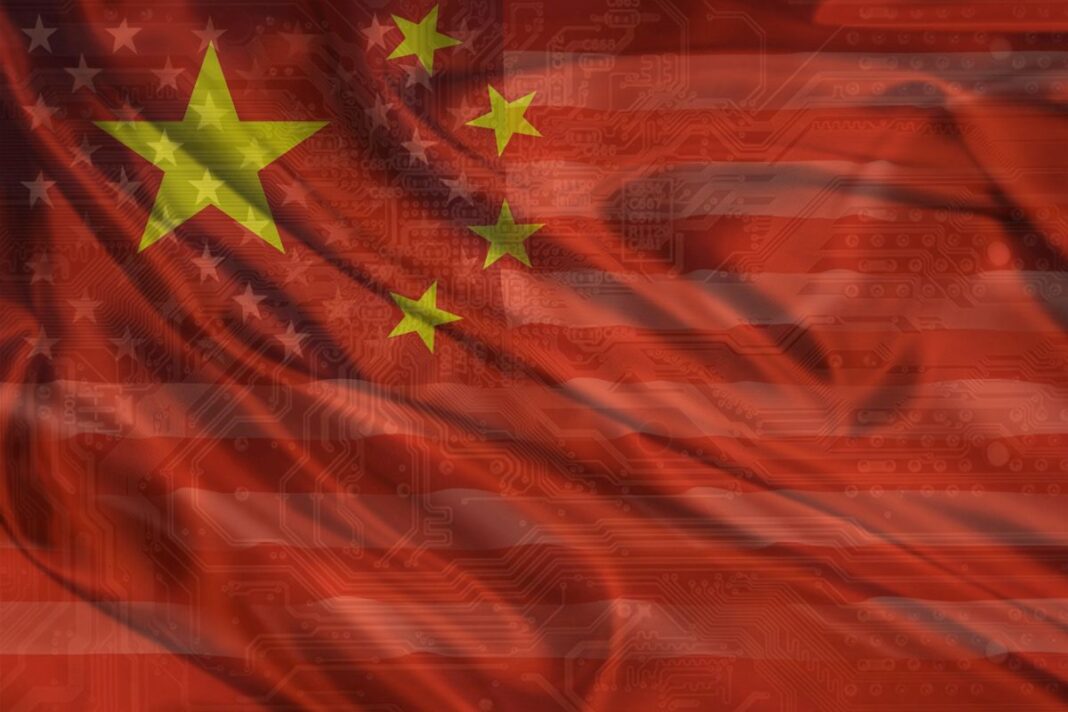While the general public may evaluate AI leadership based on new and flashy technology, experts point to a different set of keys to winning the AI race.
The United States and China are locked in a race for supremacy in artificial intelligence (AI), the driving technology behind the next industrial revolution.
With sweeping impacts across national security, economics, and civil liberties, the U.S.–China AI competition may decide whether we ultimately live in a democratic or authoritarian world.
Industry experts are sounding the alarm.
“We are in a full-blown tech race with China on AI,” Greg Levesque, co-founder and CEO of Strider Technologies, an AI-powered cyber intelligence company, said at the AI+ Expo conference in early June.
Levesque warned that this is no longer just a government challenge, but also “an American problem,” and called for a whole-of-nation response to China’s AI surge.
That sense of urgency permeated the expo, with panelists underscoring the U.S.–China AI race while discussing various topics covering defense, biotechnology, semiconductors, and human rights.
One defense contractor displayed a pair of jars labeled “Pentagon” and “Beijing,” inviting attendees to vote with ping-pong balls on who held the superior AI arsenal. The result was a tie.
DeepSeek’s breakthrough in January was considered a “Sputnik moment” for many experts in the AI field.
The Chinese company’s R1, a ChatGPT-like AI model, achieved performance comparable to that of American platforms by utilizing slower chips. Months later, China hosted the world’s first hybrid half-marathon, featuring both human and humanoid robot runners in Beijing, as well as a humanoid robot kickboxing competition in Hangzhou.
While the general public may evaluate AI leadership based on new and flashy technology, experts point to a different set of keys to winning the AI race: AI global infrastructure and adaptive government policies.
“The thing you want to measure is global market share,” James Lewis, an expert and distinguished fellow at the think tank Center for European Policy Analysis, told The Epoch Times. “Is the U.S. building the global infrastructure for artificial intelligence, or are we letting someone else do it?”
AI infrastructure encompasses the internet, satellites, undersea cables, and many other components. Lewis said the core infrastructure consists of graphics processing units (GPUs), or advanced chips, and data centers, which store massive data and use them to train AI models.
By Terri Wu








